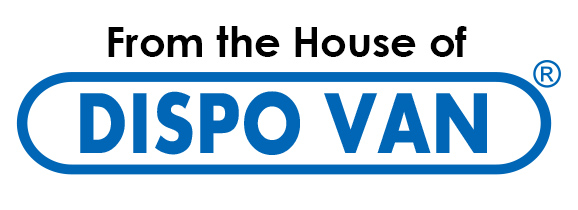

Rapid advancements in technology have occurred in recent years, with Artificial Intelligence (AI) being one of the most significant developments. AI has had far-reaching effects on various industries, including nursing and healthcare.
In healthcare, AI is mainly used in analytics to transform data into knowledge that guides decision-making. However, it also has other applications, such as risk prediction algorithms and speech recognition technology. These innovations are expected to impact healthcare professions, including nursing, significantly. This article explores the role of AI in nursing and patient care.
How Does AI Impact Nursing?
Studies have been conducted to determine how AI can advance nursing. As published in the journal Nursing Open, the results indicate that AI has a transformative impact on nursing. It can be applied to areas such as education and training, AI-enabled robotics, and telehealth solutions. Its primary applications include:
1. Clinical Decision Support Systems
AI tools can analyse extensive data, identifying patterns and similarities with greater precision. These tools provide nurses with evidence-based recommendations, alerts, and insights, empowering them to make informed decisions regarding patient care.
2. Patient Monitoring and Predictive Analysis
Predictive AI analytics aims to predict future outcomes in patient care accurately. AI tools can store and analyse historical data, apply algorithms, and use machine learning (ML) to predict health-related outcomes.
Additionally, AI-enabled technologies allow nurses to continuously monitor patient vitals and receive real-time alerts, even remotely. This technology can detect early warning signs of deterioration, allowing for timely intervention. This reduces the risk of adverse events and improves overall patient outcomes.
3. Coordinating Patient Care
According to a study by Stokes and Palmer (2020), AI algorithms can be leveraged to automate routine administrative tasks, improve communication, and prioritise patient requirements. This streamlines documentation processes and reduces nurses’ workloads, allowing them to focus on direct patient care. It also enhances the efficient and coordinated delivery of healthcare services.
4. Education and Training
Integrating AI into nursing curriculums increases nurses’ ability to leverage AI tools for patient care. It also helps them adapt to technological advancements in the digital era, improving overall patient care quality.
In Conclusion
Nurses are widely recognised as compassionate and empathetic healthcare professionals who deliver safe and efficient care. AI can greatly enhance the nursing discipline by improving patient care, reducing workloads, and streamlining communication. Nurses can leverage AI to predict patient outcomes, make more informed decisions, and focus on active frontline patient care.
In addition, HMD’s medical devices, such as single-use syringes and auto disable syringes, assist nurses in delivering safe, precise treatments while minimising the risk of contamination. These reliable tools enable nurses to focus on compassionate care and optimal patient outcomes.
Visit the HMD website to learn more about our products!

